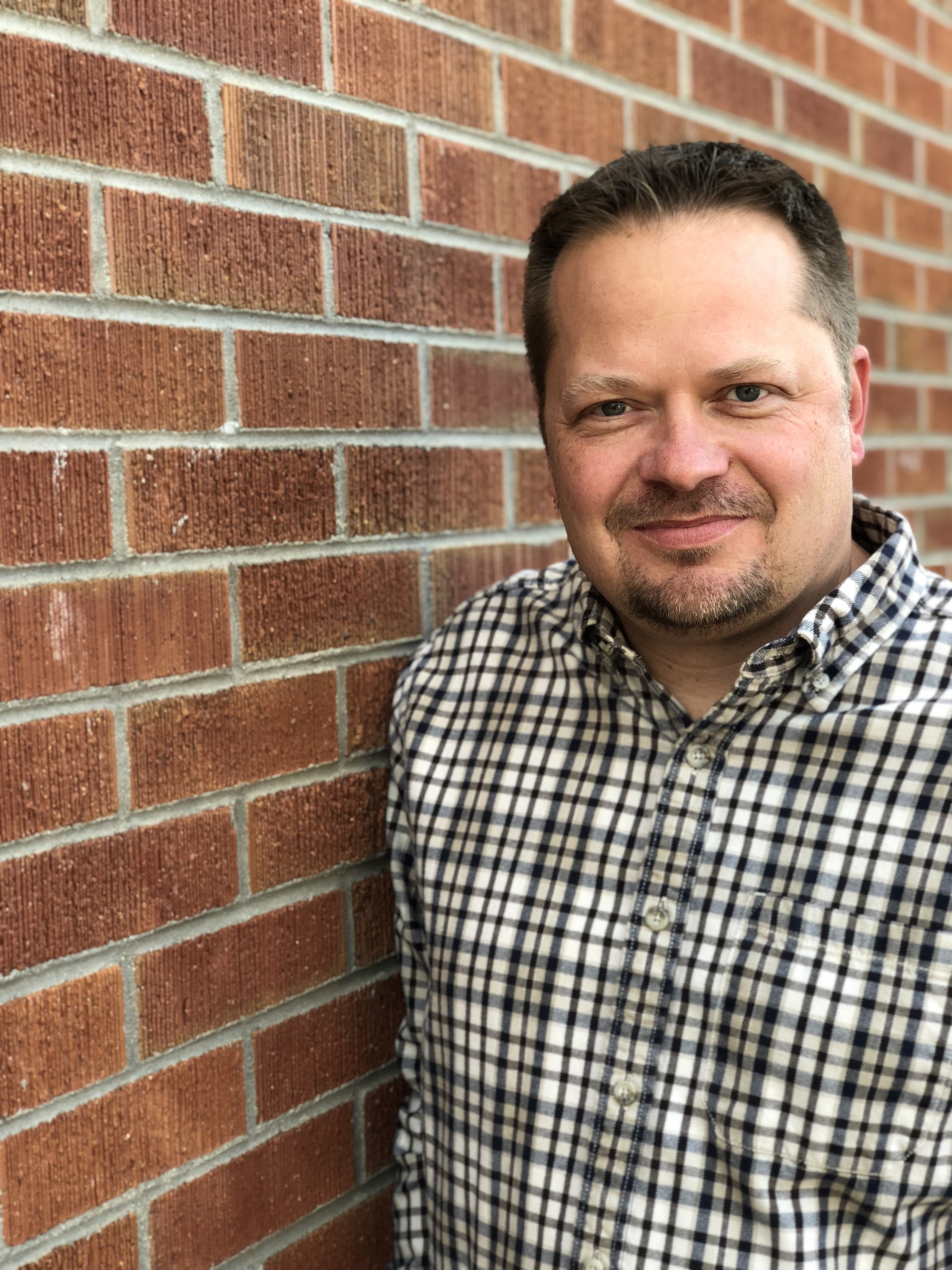When we are struggling with sin, it can be easy to get wrapped up in our own mind games, making excuses (justifying) our choices. Stopping and considering the full weight of our sin, that Jesus died on the cross for, is a heavy place to dwell. So instead of bearing the weight of that, we make excuses. We tell ourselves that what we did isn’t that bad or that at least it isn’t as bad as what we might have done.
This thought process can look something like this: “I really shouldn’t be watching porn, but at least I’m not being sexually active with other people.” Or… “Yes, I just acted out sexually with another person, but I didn’t do everything I could have done with them.” Maybe your struggle isn’t sexual in nature… “Sure I just ate a whole bag of Oreos, but that guy over there, who is more overweight than I am is just disgusting.”
Hierarchy of Sin?
We confuse what consequences may come our way with how God views sin. Sure, some of our bad choices have more extreme consequences. Watching porn at home alone doesn’t have the same health risks as having anonymous sex. Some types of sex come with fewer risks than others. Being overweight can cause health problems. And because the here-and-now consequences do matter, we assume that God has the same hierarchy. I don’t believe this is true.
Ultimately, playing these types of mind games are distractions that prevent us from facing the real issues we are using these behaviors to run from. We can keep doing this indefinitely. What we perceive to be “the bottom” or the sin worse than ours has a way of moving lower as we delve deeper into sin and addiction. What was deplorable to me yesterday is suddenly more appealing today as I try to satisfy something within myself that can’t be satiated.
When we reach what seems to be our “worst”, we switch tactics. “I have done the thing I thought I would never do. I am the worst of the worst.” Now the excuses to avoid facing our true selves look this this… “I would give anything if my biggest struggle was just looking at porn.” “My life would be great if I could only act out once a month instead of every day.” Growth might look something like these excuses, but not when we minimize others’ struggles in order to make ourselves seem worse. We keep pushing ourselves down deeper into despair and not believing that anyone can relate to us.
Looking Deeper
It is painful and difficult to look deeper, going beneath the presenting issues. But this is the work that is necessary if we are to heal and move forward.
One of the reasons we offer a support group at WGA is to help people face these issues. You may be faced with someone who has done the very thing you compared yourself to, seemingly better or worse than you perceive yourself to be. Having another real-life person with whom to share can humanize the issues we struggle with and make it more difficult to treat people in a different place than us as better than or less than. And really, isn’t all the comparison just another expression of pride? “I am better than someone else, because I’ve never done THAT.” “I am the worst…” just another angle on pride and self-importance.
Taking Responsibility
In his book Life Together, Dietrich Bonhoeffer writes “Anybody who lives beneath the Cross and who has discerned in the Cross of Jesus the utter wickedness of all men and of his own heart will find that there is no sin that can ever be alien to him. Anybody who has once been horrified by the dreadfulness of his own sin that nailed Jesus to the Cross will no longer be horrified by even the rankest sins of a brother.”
Or, another way of saying it, if we have really taken responsibility for our actions and admitted to ourselves and to God that we needed Christ to die for us, no one else’s sin can seem worse to us than our own.
A choice to make…
Will you continue to justify your choices or take responsibility for them? Do you want to continue in ambivalence or make a decision to move forward? There are many facets to the things we struggle with. Justification and excuse making are ways we avoid taking responsibility for ourselves. We can begin to heal by owning our choices in and of themselves, without the need for comparisons.

Roger Jones
Executive Director
Roger began working with WGA in October of 1996 as the Assistant office Manager. Since that time, he has worn many hats and served in several different positions, including Assistant Program Director and Operations Director. In April of 2007, Roger assumed the position of Executive Director.
Roger attended West Texas A&M University, where he studied Music Business. Much of his training has been “on the job,” where he was mentored by the ministry’s Founder, Mary Heathman, and the Program Director, Scott Kingry. He holds a BA from West Texas A&M University.
Roger, his wife Jill, and their daughter Julia and son William, attend Celebration Community Church where Jill serves as Senior Pastor.
Make a Difference in Someone's Life
If you enjoy reading WGA’s blogs and would like to show your support, please consider making a donation. Where Grace Abounds is a 501(c)3 non-profit organization. The majority of services, including support groups and discipleship counseling, are provided free of charge. Your financial gifts help to cover the costs associated with offering a free program to those who seek WGA’s services.

